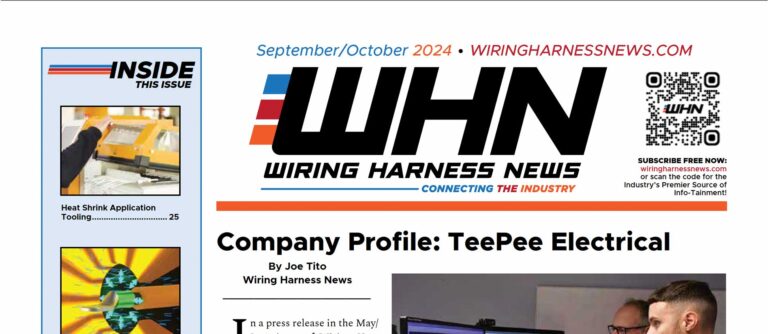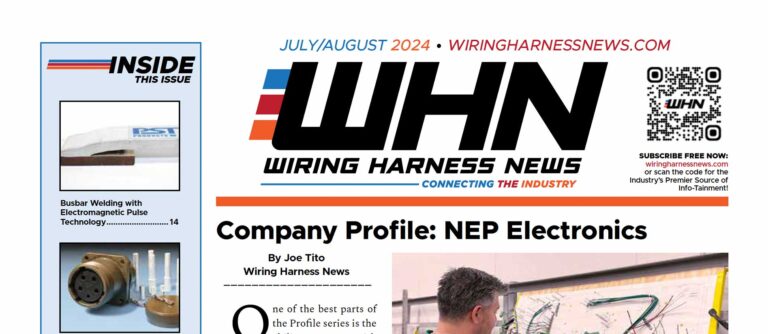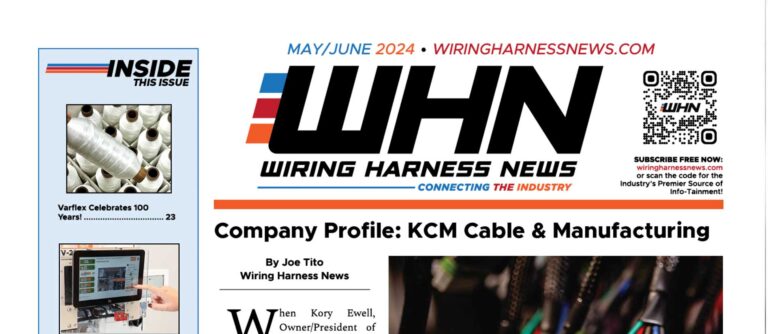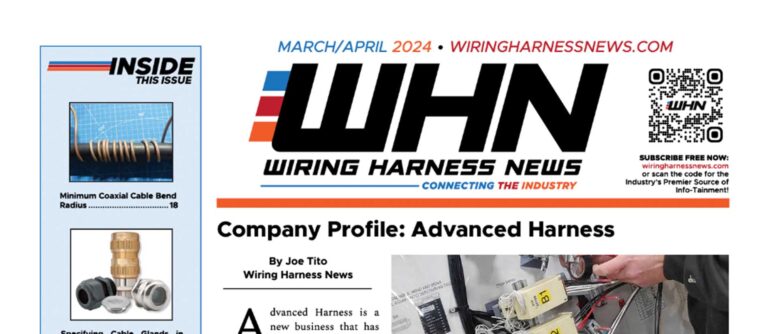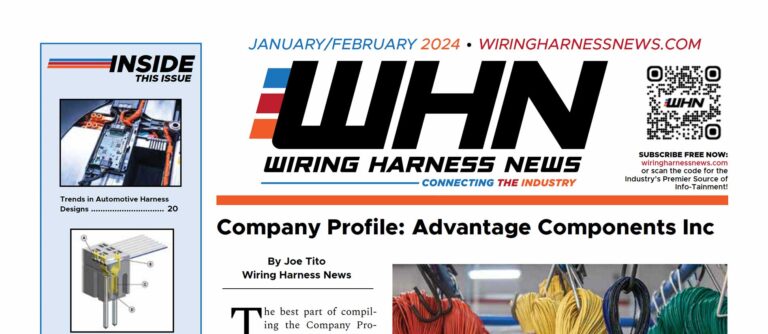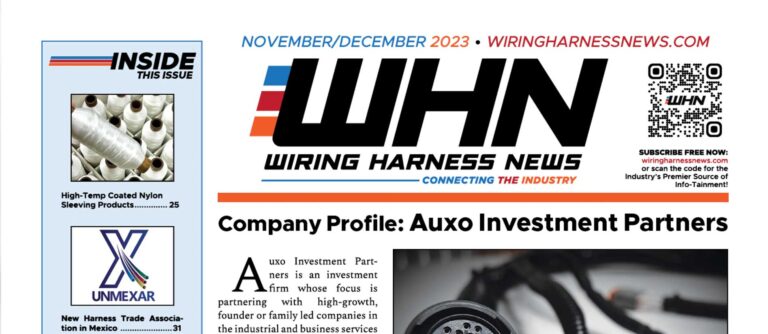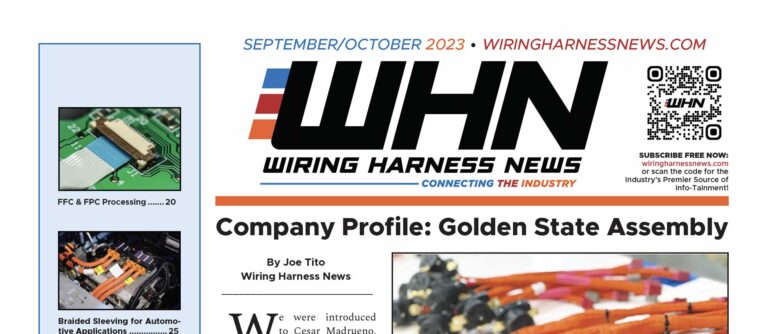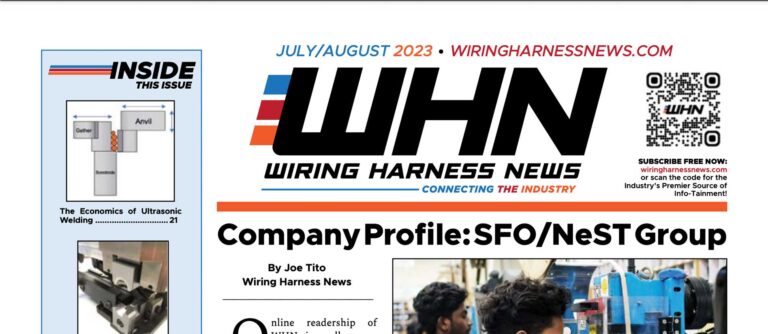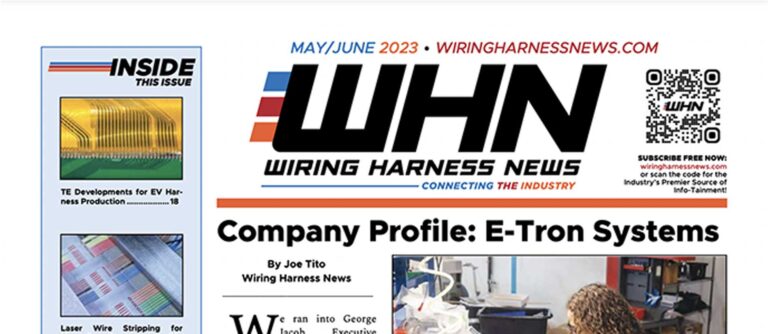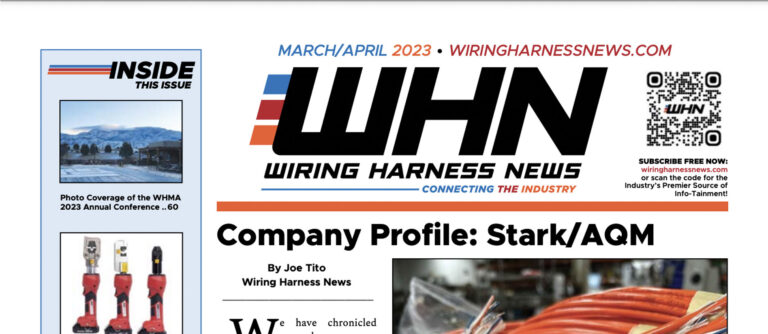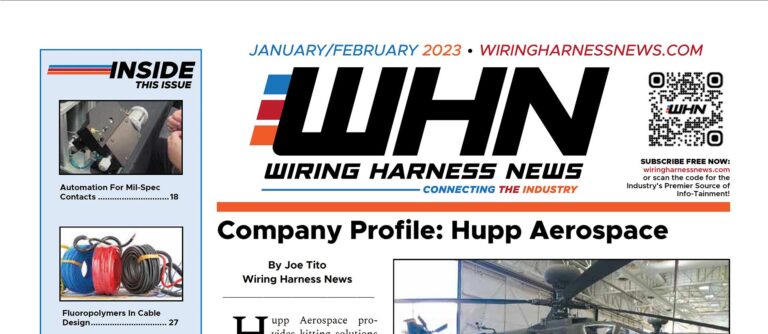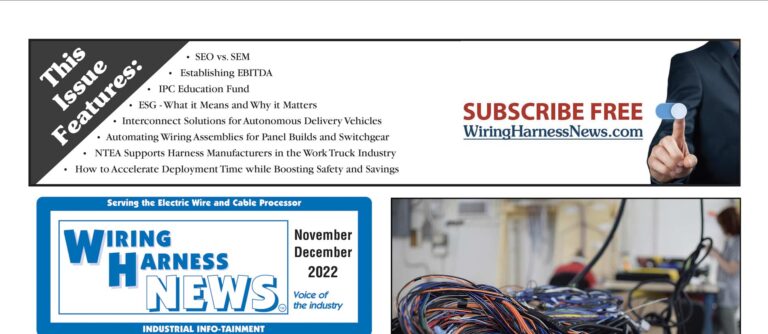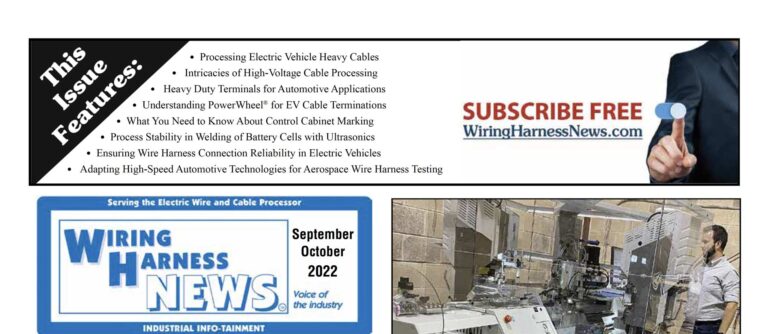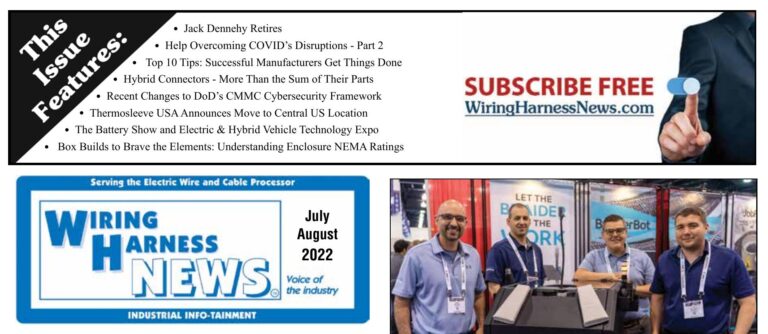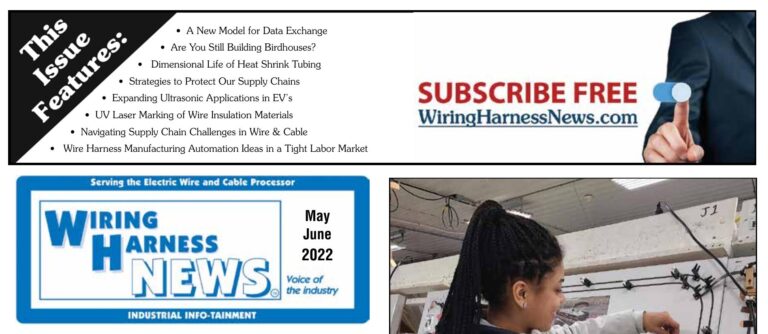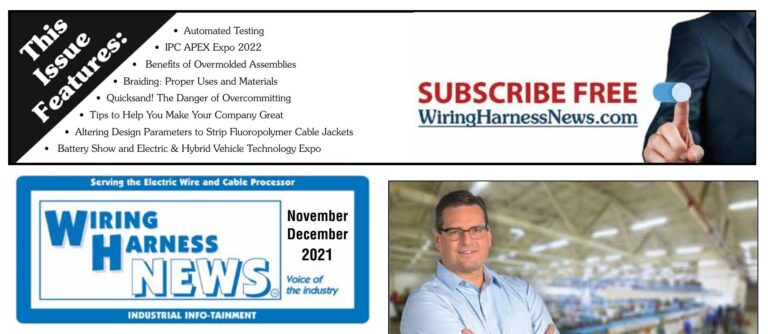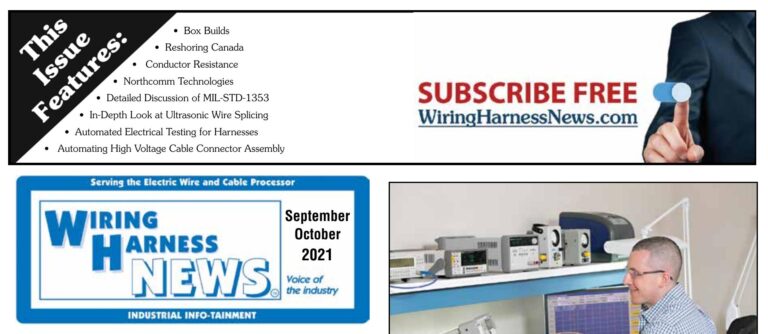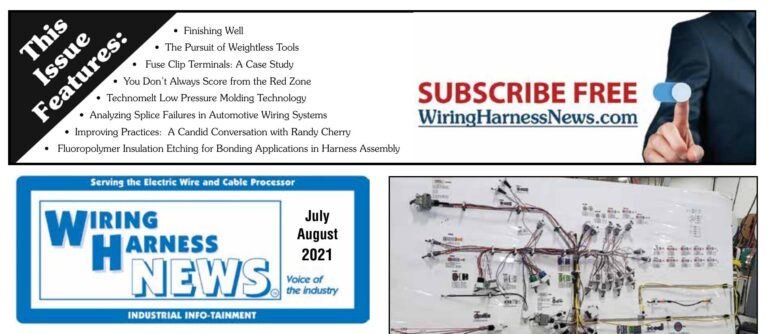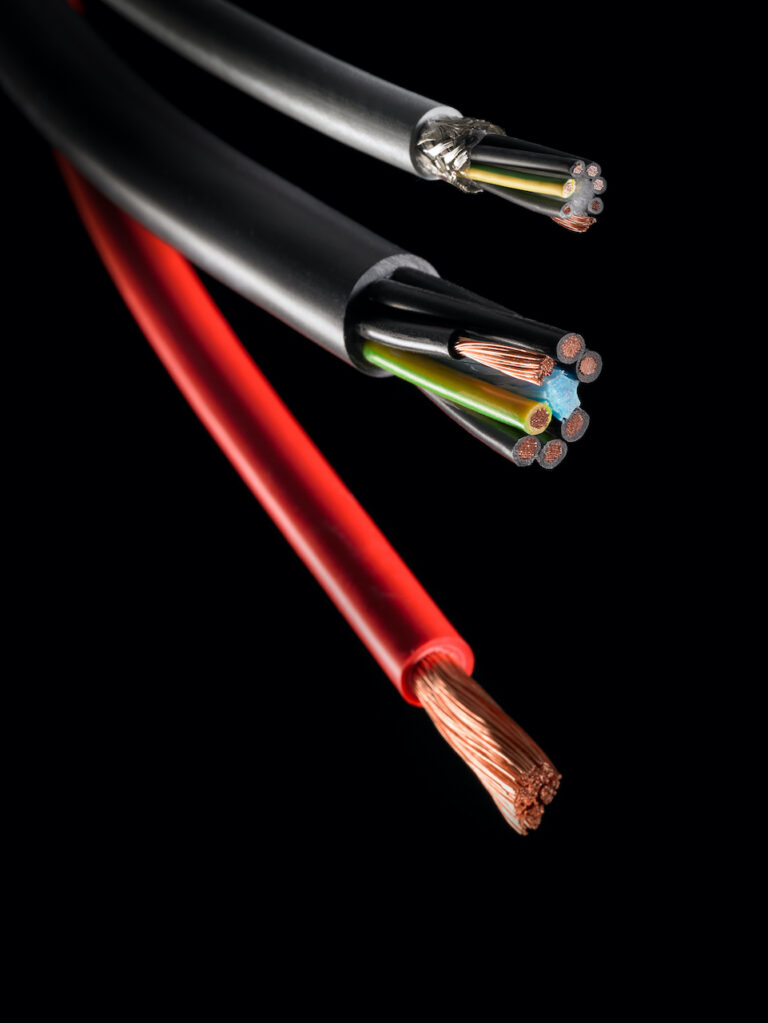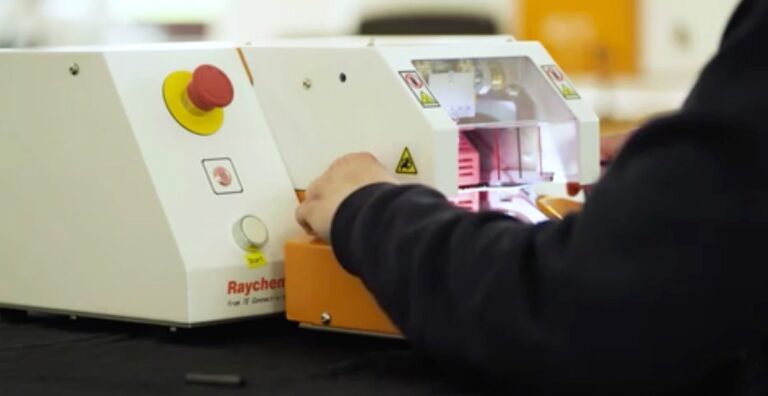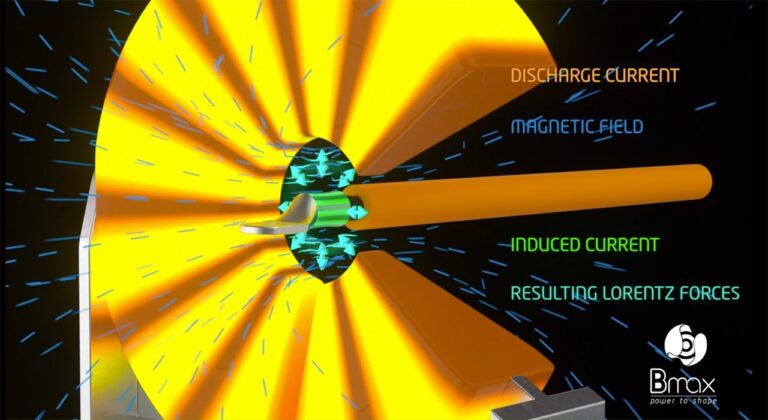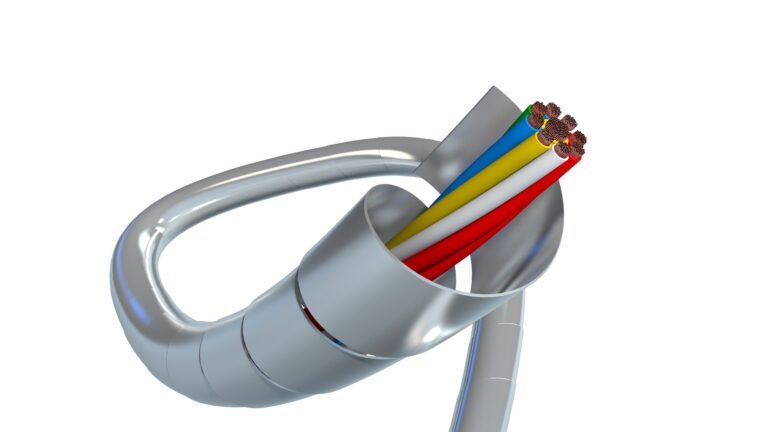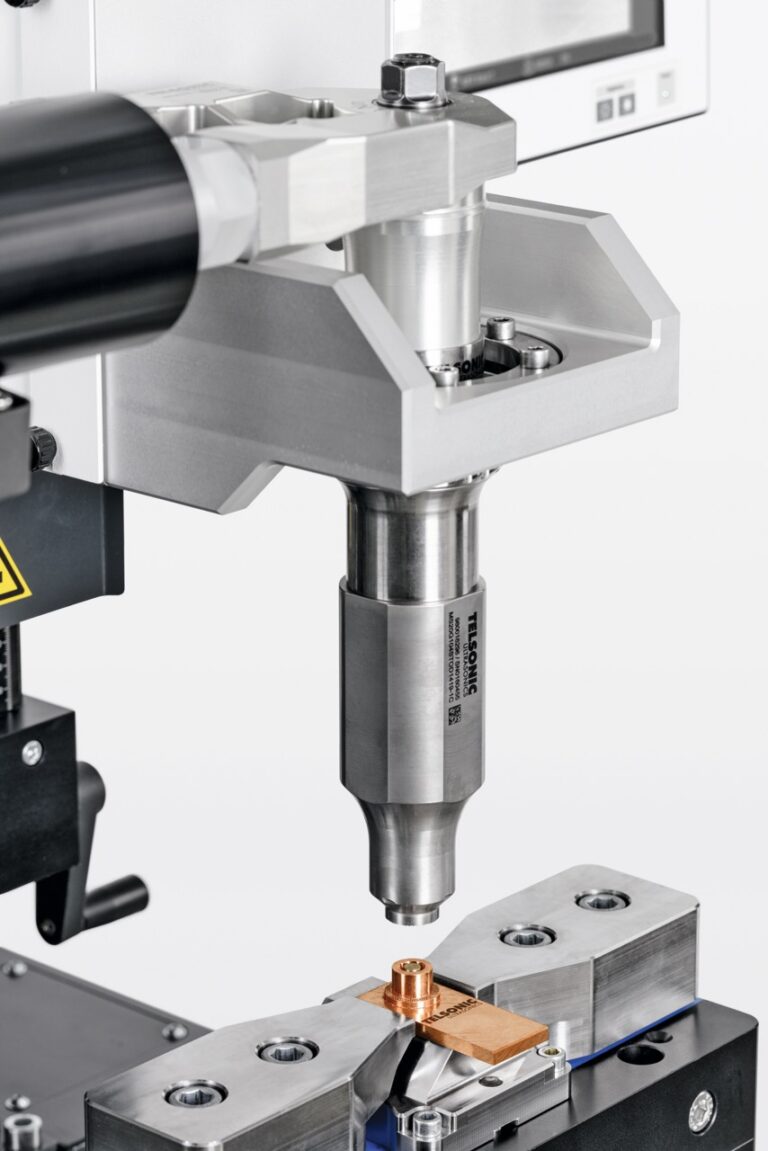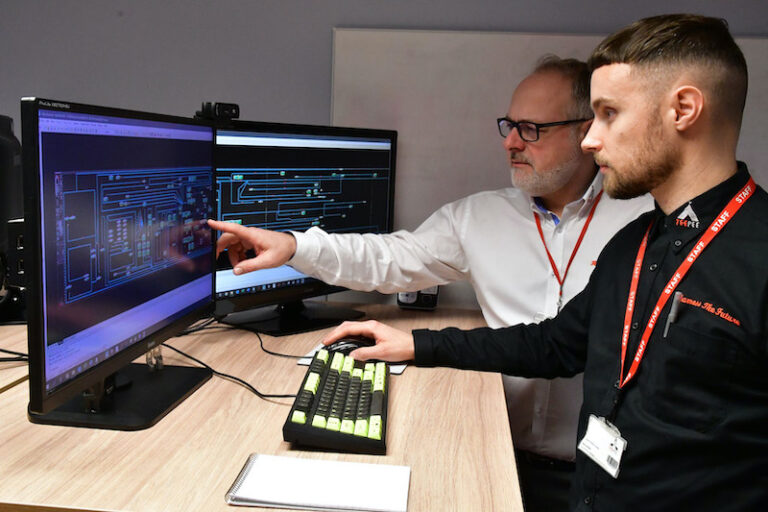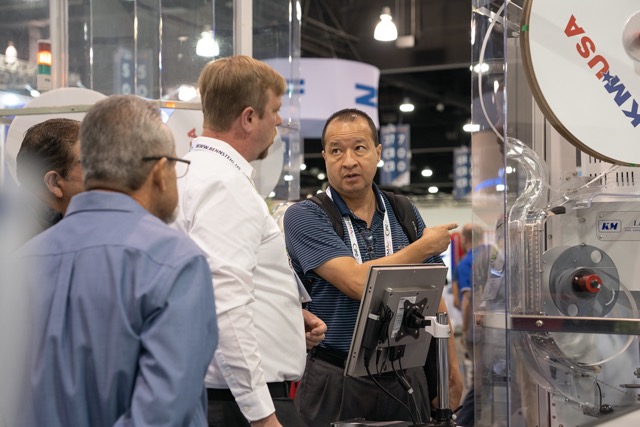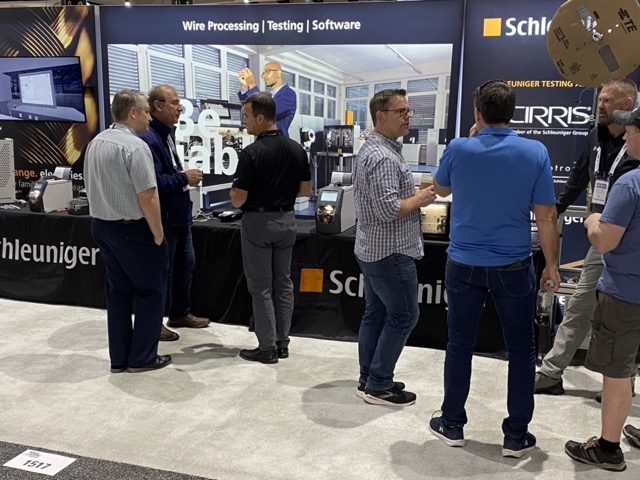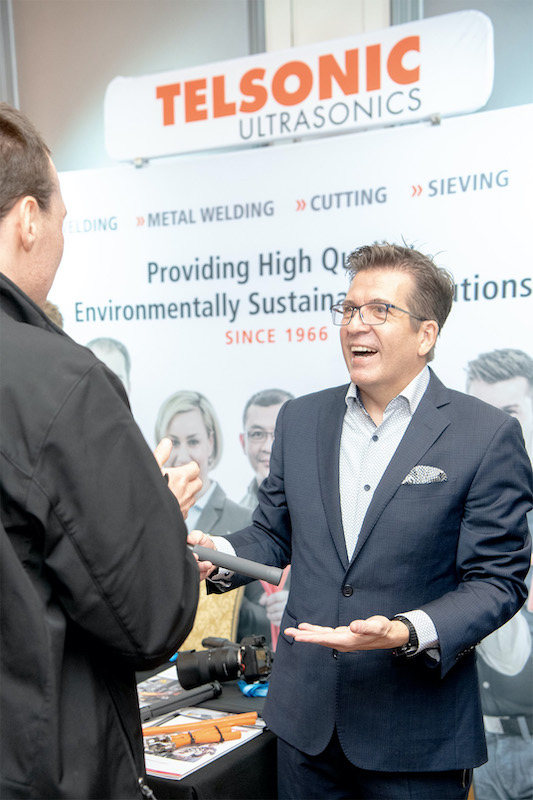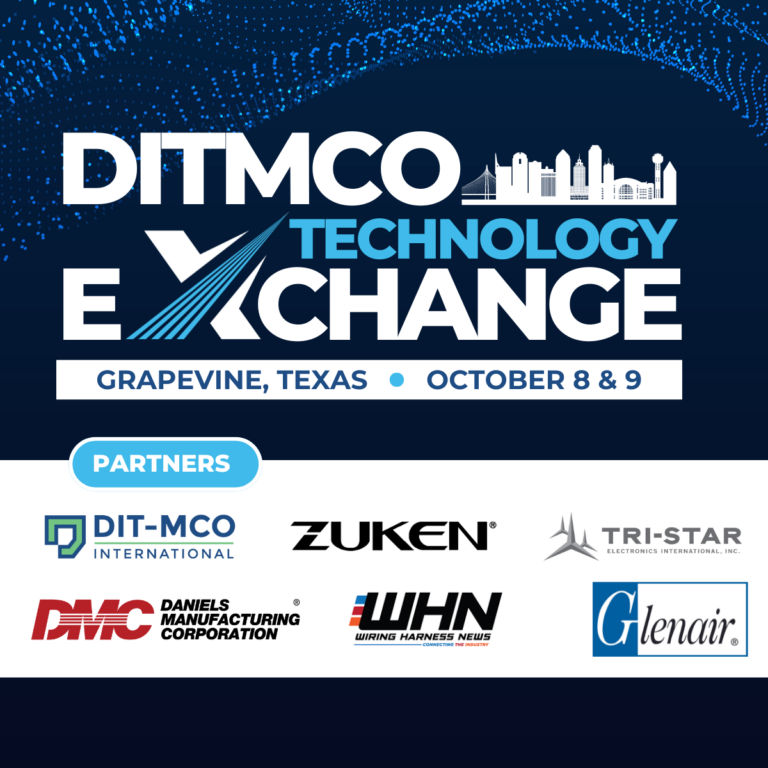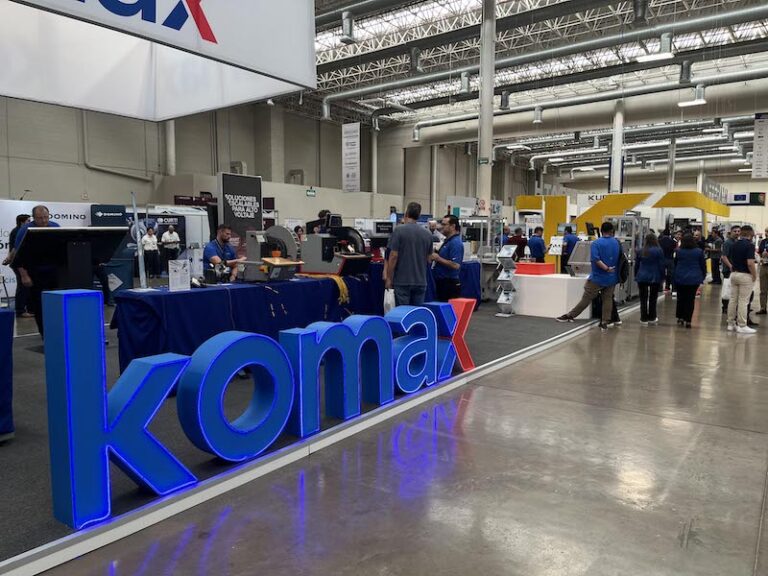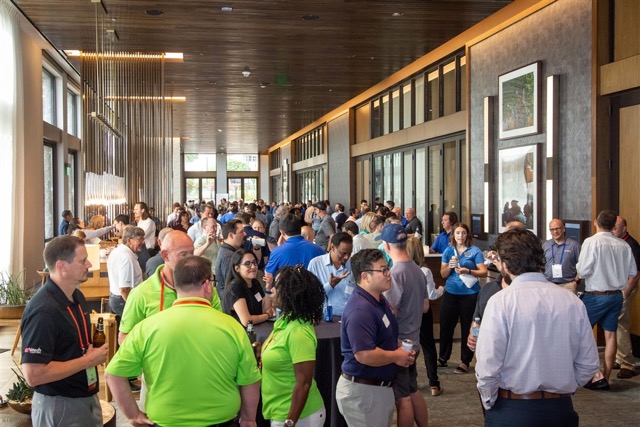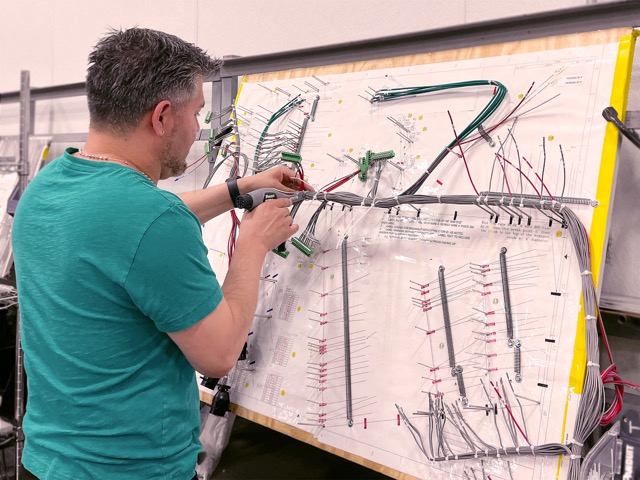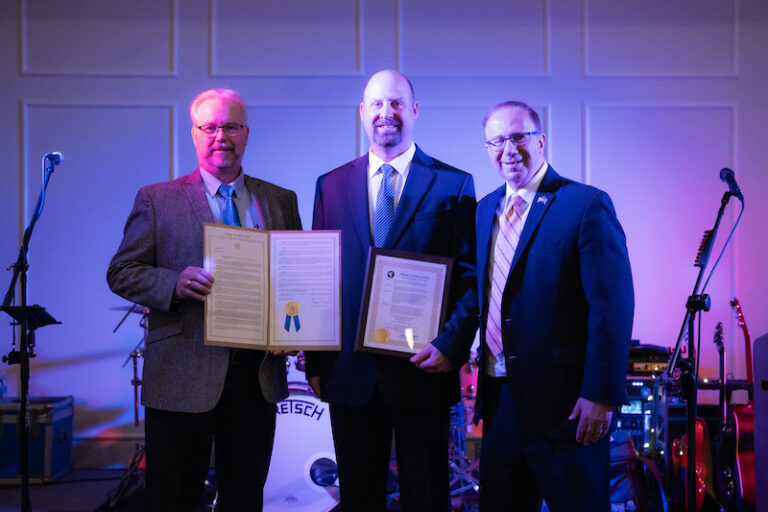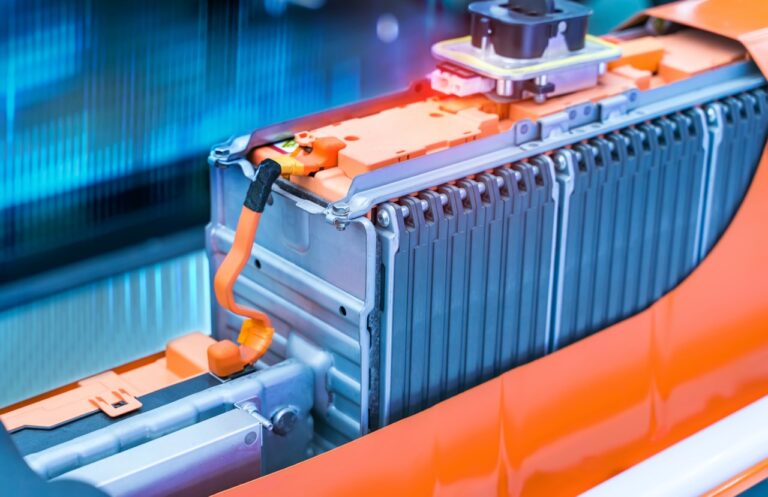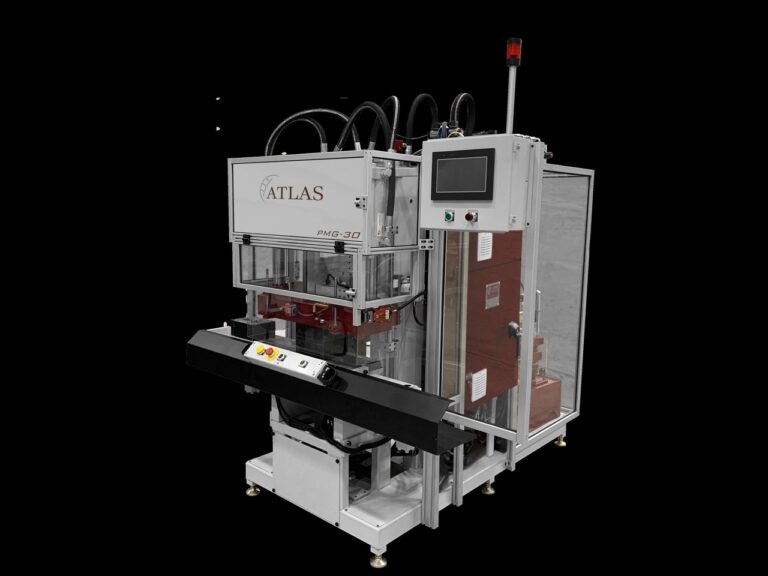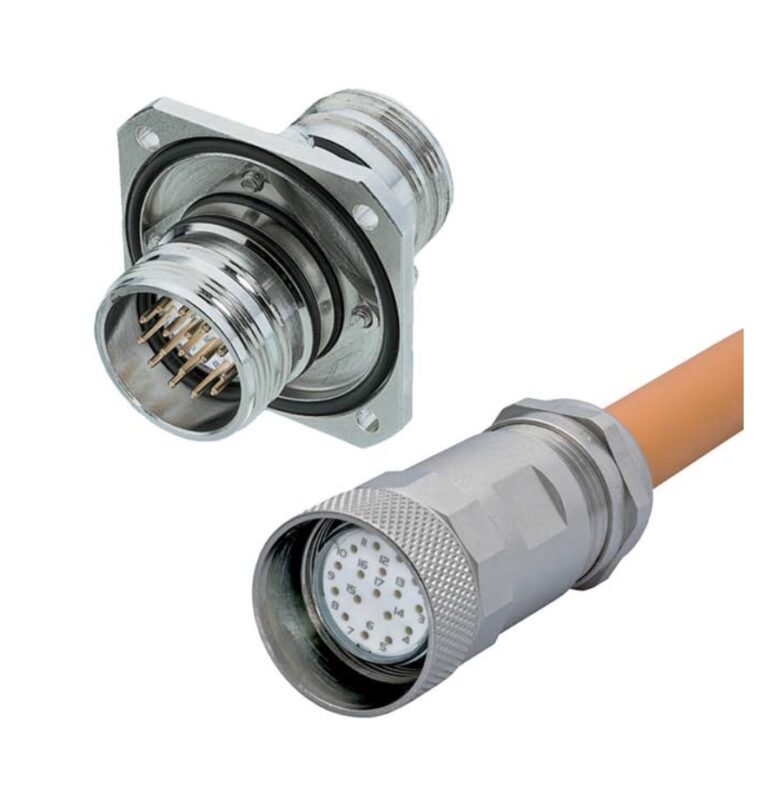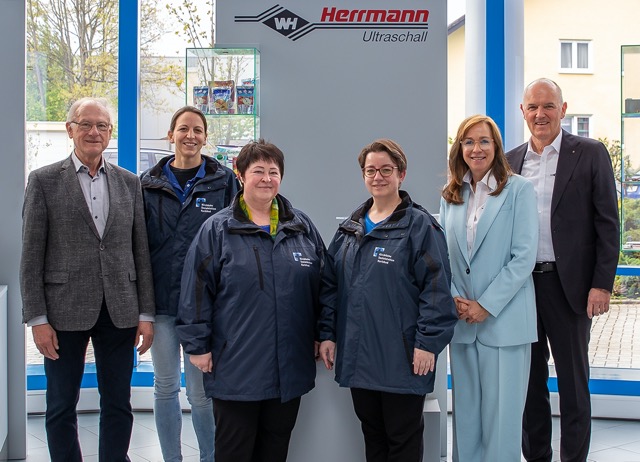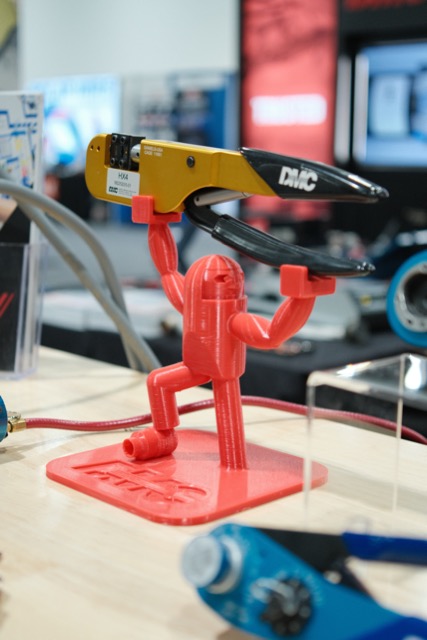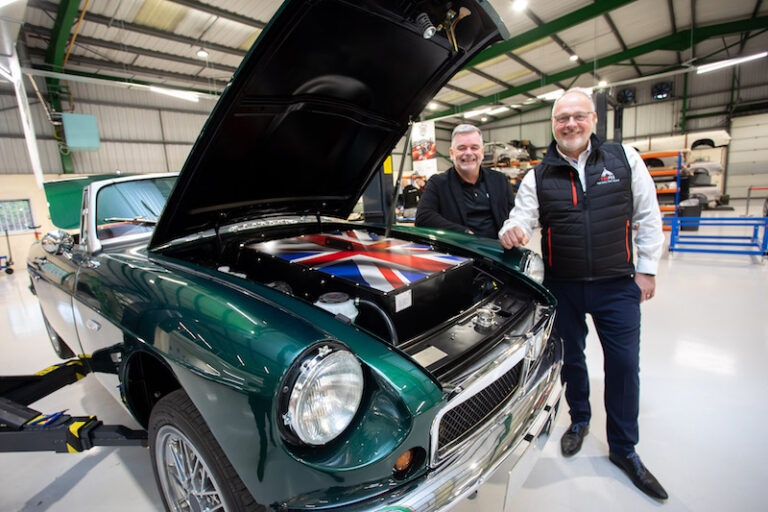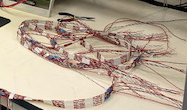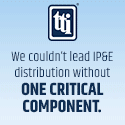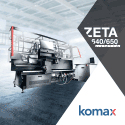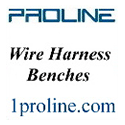Company Profile: Qualastat
By Joe Tito
I remember Vernon Judy Sr. from the early days of WHMA. He was instrumental in the creation of the of the A-620 standard. He was at the very first meeting and was later asked to co-chair a committee for a number of years. He also acted as technical advisor for instructional materials on crimping that are still in use today. When it was recently suggested by Brent Stringham of DIT-MCO that I do a profile on Vernon’s company, Qualastat Electronics, I thought, surely, we must have profiled them at some point. But a lengthy check through the archives revealed that we never had. How did that happen? It’s been long overdue, but I had a great conversation with Vernon Sr. and Vernon Jr. to see what they are up to these days.
We began our discussion where we usually do in our profiles – the humble beginning. “I used to work for another company where I ran the shop, and really ran the whole company,” Vernon recalled. He was working too many hours and decided he needed a different vocation. The thought of opening his own business seemed daunting, but he felt it would ultimately give him more control of his time. Vernon’s boss told him he’d never replace his current income, and for many years, that was indeed the case. But it wasn’t about money for Vernon. He truly wanted to spend more time being a husband and father.
Vernon’s experience with his previous company, General Reliance, set the scene for his new venture’s specialization. “My background was with military stuff, and the company I worked for was making electro-mechanical products with direct contracts with the government,” he said.
Around this time, Vernon had attended a soldering workmanship training class. A fellow student was a quality engineer at a similar company. He and Vernon hit it off and became friends. Sometime in the second week, Vernon’s new friend began to tell him about concerns with some parts he was making. They were stainless steel sleeves through which he had to solder feedthrough terminals, and his company was really struggling with them. “Well, I knew how to do it and I was going to start a business anyway,” recalled Vernon, “so I asked how much he would pay for somebody to do it, and he said 100 bucks!” Vernon offered to do it for $70, but there was a catch. His new friend had suggested the name Qualastat for the new venture. “So, to get the business, I named the company Qualastat.”
Vernon had a great relationship with his boss at General Reliance prior to starting his company. That relationship proved most helpful in making the new venture work. “I’d done sales for him and I needed income while I was out looking for business for Qualastat, so I told him I would rep him. Our agreement was anything he didn’t want, I could take if I wanted it,” Vernon recalled. He stressed his venture would have never made it without that arrangement. Qualastat even did some offload work with them when they got busy. This symbiotic relationship remained for about a year and a half while Vernon spooled up the efforts of Qualastat.
Characteristic of many of the humble beginnings of the businesses we profile, the initial setting for the business was in the family home in New Jersey. “We started in my family room with a table set up in the corner where we did assembly, but I did my soldering out in the garage,” Vernon detailed.
Soon they were in a small facility with about six employees. That’s about the time Northrop Systems approached him with a request for quote on some assemblies. “I said I couldn’t look at it until General Reliance did.” But the buyer informed Vernon that General Reliance had already no-quoted the project, so the business went to him. That order was pivotal for Qualastat. “I mainly got started on opportunities somebody else passed on,” he remembered.
Vernon and his wife wanted a more fitting home for their family and business. They had visited Gettysburg, PA on their way home from a family vacation years earlier, and used a four-day weekend for a more thorough exploration of the area. That trip sealed the deal, and in 1988 they moved the family and business to Gettysburg.
At that point, Qualastat began to transition from electromechanical assemblies into flexible silicon cable assemblies along with some flexible circuit assemblies. The product mix, however, was clearly starting to migrate towards cable assemblies as they established competence there. “After you are in business for a while, and you begin to do a good job, people start coming to you,” Vernon advised. Their biggest customers became Lockheed Martin and Northrop Grumman. “We supported engineering with them, delivered on time, and our quality has always been good. Those three things have allowed us to get really deep into different programs there.”
Phoenix Operation
Back in 2008, Lockheed Martin approached Qualastat about a new program to replace the Patriot Missile. It was called MEADS (Medium Extended Air Defense System) and would encompass the efforts of multiple countries. Qualastat was poised to get a large chunk of business from the program, but there was one big concern with Lockheed. “They came down and said, ‘you guys have a lot of business in this program and if something happens to you, you don’t have a catastrophic backup plan.’” After a lot of research, they felt the Phoenix area offered them the engineering and technical labor supply they needed, and settled on Chandler. Not long after they opened the facility, however, the program was canceled. “We really took a big hit there because we had a lot of expense with the facility being opened, and then we lost all that work.”
Facility Specialization
Qualastat championed on however, and today both facilities are busier than ever. They have many overlapping capabilities with the Phoenix location specializing in fiber optic and semi rigid RF. “Anything that requires braiding is done in Gettysburg, and that’s where we actually lay up our own cable and blow on jacket,” he instructed. They also share capabilities in EMI shielding, flex circuits and environmental protection including molding. Both facilities are IPC J-STD-001 and IPC/WHMA-A-620 certified and both are registered to AS9100.
New Business
I asked how Qualastat acquires new business and Vernon reiterated their ability to penetrate further into the programs of existing customers. Performance and execution seems to be the main driver for new opportunities. Vernon, Jr. runs the day to day business operations as CEO, but Vernon Sr. still does sales and production planning. “I can tell you I’m the worst salesman in the world. We get opportunities because our competitors fail in one way or another, and those lead from one to another as people move from one program or company to another, and we just follow them.”
Personnel
Qualastat currently employs about 26 people total in both facilities. “We have low turnover,” Vernon informed. “We’re very careful about who we hire and what people can work on,” he explained. If they don’t think someone is going to be an excellent fit, they simply don’t bring them on board. “Most of our stuff is ship-based, ground-based or airborne radar.
A lot of manufacturing has left the country, and it’s hard to find good people, so if we get real busy, we have a tendency to work overtime instead of hiring people.” At the moment, however, they are hiring competent engineers and technical assembly people as their sales have grown over 50% from the previous year.
In his concluding remarks, Vernon had this to say:
We never chase after money, if that makes any sense. Don’t get me wrong, we do well as a company, but we’re just real people and we want to build relationships. We just don’t stick it to people and we genuinely like our customers. Vernon, Jr. is constantly chasing details and when you have somebody like that at the top who really lets everybody know how critical things are, well, that just makes a huge difference. We are all busy, but we are enjoying life.


